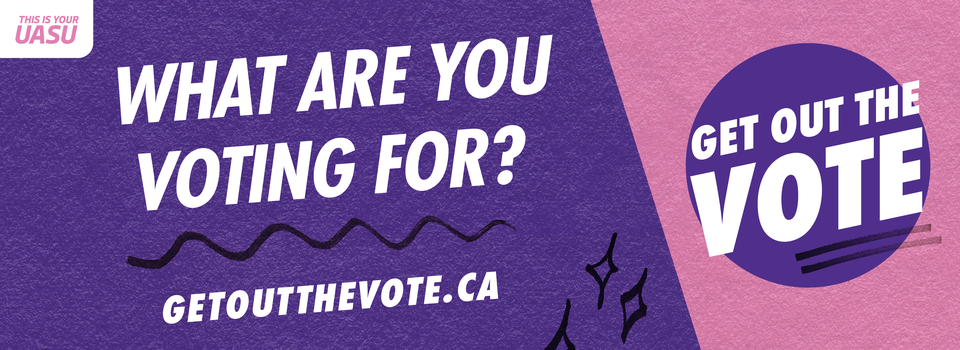In case you missed it, the federal government has called an election, which means it’s now time to pay attention and get to know who is running to represent you! With multiple levels of government in Canada, it’s easy to get lost in what falls in which level’s jurisdiction.
Today, we’ll help you brush up on what MPs do, and stuff you should consider when you finally cast your ballot on (or before!) April 28.
What’s an MP?
A Member of Parliament (MP) is an elected member of the Canadian Parliament. An MP is the representative of a particular area of Canada, also known as an electoral district, riding, or constituency. There are 343 constituencies, and an MP for each one.
MPs are typically affiliated with a federal party, which also informs their decisions and work as representatives. Most parties will try to have a candidate run in every constituency, but sometimes they may not have one. When you are casting your ballot, candidates will be listed by name, and have their party affiliation (if they have one) listed next to their name for you to consider.
The candidate that wins in each riding will hold that seat in the House of Commons of Canada (in Ottawa). The party which has the most seats held by the end of the election will form the government.
In Canada, voters do not elect the Prime Minister (PM) directly; each party elects their own leader, who becomes Prime Minister if the party wins the most seats.
What does the Federal Government do?
Your MP is your region’s vote when it comes to federal laws and action. Ideally, your elected MP will bring the interests of your riding to debate, the creation of bills, and voting in the House of Commons. The federal government has influence over Canada-wide laws, including immigration and visas for international students, federal spending on education, and more.
How does that affect me? Why should I care about voting for my MP?
Voting in the federal election allows you to voice your opinions on what the future of Canada looks like. When you vote for your MP, that helps decide who will be elected as Prime Minister and which party will hold power. Essentially, if you don’t vote, you can’t complain about the decisions being made by the federal government on your behalf.
Remember, when you are learning about the candidates and leaders in your riding, double check your sources to make sure they are reliable! We’ll have a whole blog post later this month that will help you get an idea of where to find credible sources of news and information about candidates and parties.


